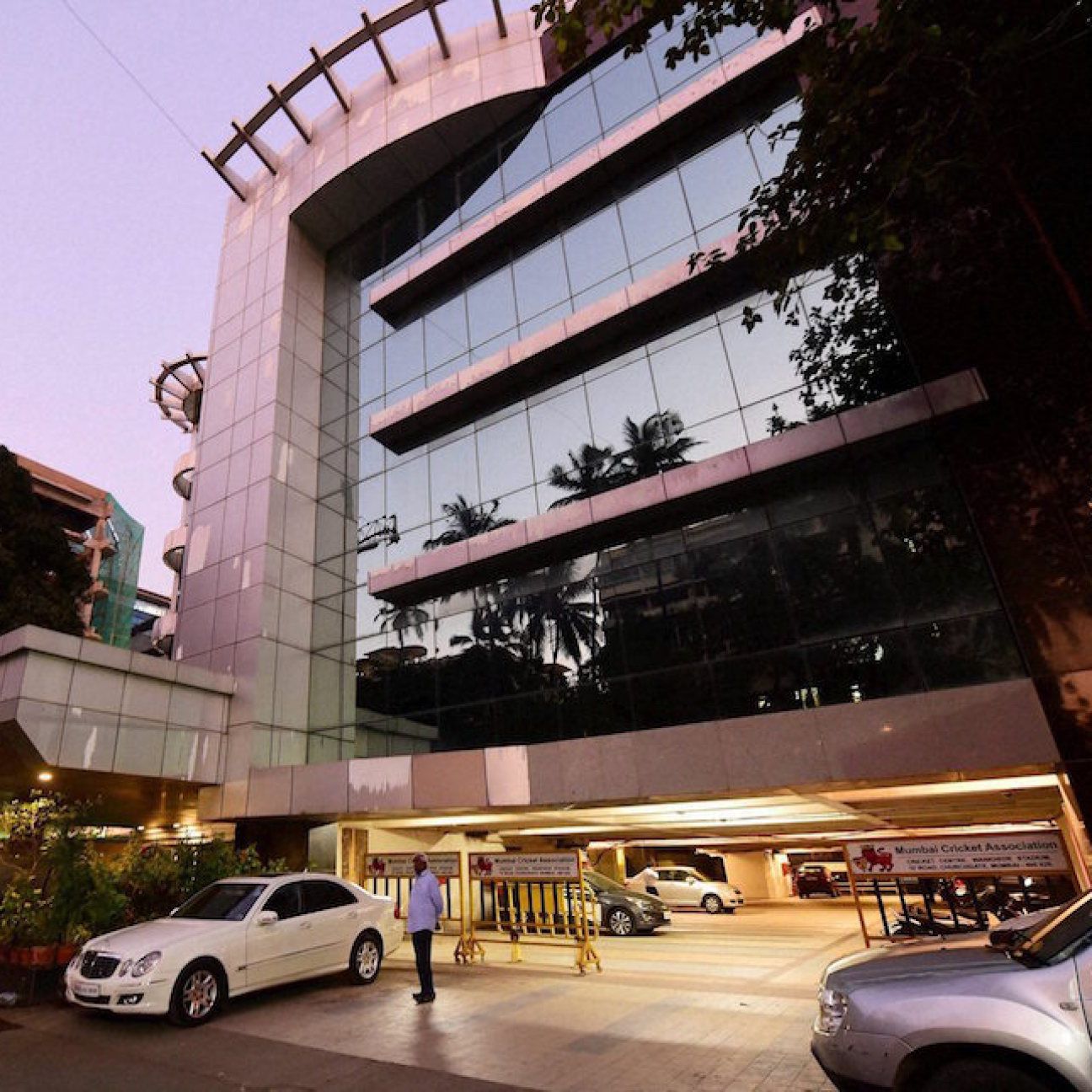Finally, after nearly 30 months of being supervised by a court-appointed authority, the BCCI members are on track to regain control with the board elections scheduled for October 22. This significant decision was taken by the three-member Committee of Administrators (CoA) in Delhi today, nearly two-and-a-half years after it was appointed by the Supreme Court to oversee the BCCI’s implementation of the Lodha Committee’s recommendations.
The development comes close on the heels of the negotiations between the BCCI members – state associations – and senior Supreme Court advocate PS Narasimha, the amicus curiae appointed earlier this year. Having heard all the BCCI members individually, Narasimha submitted a report to the court, which will sign off on the matter when it reopens office in July after the summer recess.
It is understood that 31 out of the 38 state associations have technically agreed to comply with the Lodha recommendations subject to all the concessions discussed and approved by Narasmiha. Of the seven other members, a few wanted to take a final call after consulting with their own members.
One important recommendation that Narasimha agreed to modify, in step with the state associations, was regarding the strength of the Apex Council, a key authorising body under the reforms. Narasimha agreed to expand it from nine members to 19. Under the CoA-approved BCCI constitution, the Apex Council would comprise nine members both at the board and state level, something the board members objected to.
During the negotiations, Narasmiha also provided clarity over the disputed recommendation concerning the tenure of the office bearer. The Lodha Committee had recommended that an office bearer could preside for nine years separately at the state and the BCCI level, as long as the cooling off period was exercised. But the new BCCI constitution registered last year was not clear on this point. Narasimha confirmed that an office bearer could work for 18 years as long as the cooling off period of three years, which comes into play after two consecutive terms of three years each, was exercised.
The CoA chairman Vinod Rai, at the time of appointment, had said the interim panel’s role was akin to the nightwatchman in cricket. But their role turned out to be significantly more lengthy as virtually every board member – state association – was against readily implementing the Lodha reforms that were approved by the court in 2016.
As the state associations became more dogged in their stance, the CoA’s vigil extended and so did its authority. Gradually as the CoA wielded its control beyond the Lodha reforms and even became the final authority on cricketing decisions. Consequently, a parallel conflict erupted with the state associations and the three BCCI office bearers contesting the CoA’s powers and approaching the court on the matter on several occasions.
With the states associations adopting a confrontational stance, the CoA submitted 10 status reports in the court listing out the difficulties it was facing in helping the BCCI implement the reforms. The court intervened intermittently, including amending a few of the original Lodha recommendations. Last October the BCCI chief executive officer Rahul Johri, at the behest of the CoA, registered a new BCCI constitution mandating the reforms.
Several states refused to budge though, even with the CoA asking the court to bar the voting rights of all BCCI members that declined to be compliant. A total of 80-odd interlocutory applications – pleas – were filed by various state associations contesting the reforms.
However, Narasimha’s mediation role seems to have worked, allowing the CoA to now put out a roadmap for the elections. Rai said the CoA was “exceedingly happy” that the BCCI members had decided to become compliant. “It was a nightwatchman who came to stay,” Rai told ESPNcricinfo. “However I feel very happy that the state associations have cooperated and all the recommendations have been accepted, which means now there is a general consensus that cricket administration should be streamlined and run [in an] objective and transparent manner. The CoA is exceedingly happy to entrust the administration of the BCCI back to the democratic body.”
According to Rai, till the elections are held the CoA will continue to monitor and authorise cricketing operations, including matters related to the appointment or renewal of coaching staff. Incidentally, the tenure of the coaching staff of the Indian men’s team is till the World Cup, which ends on July 14.
Key dates
June 30: Deadline for the BCCI to appoint an electoral officer, and the preparing of the electoral protocol by the said electoral officer in consultation with the CoA, which should be communicated to all the state associations
July 1: Deadline for appointment of an electoral officer by the state associations
August 14: Deadline for completion of election protocol and electoral roll of the state associations by the state’s electoral officer
September 14: Deadline for completion of elections of the state associations
September 23: Deadline for sending of names of representatives of state associations to the BCCI
September 30: Deadline for preparing the electoral roll of nominees qualified for the BCCI elections
October 22: The BCCI elections
